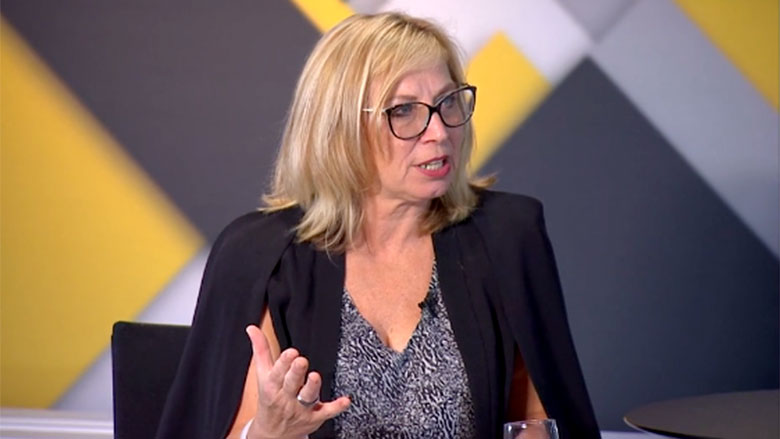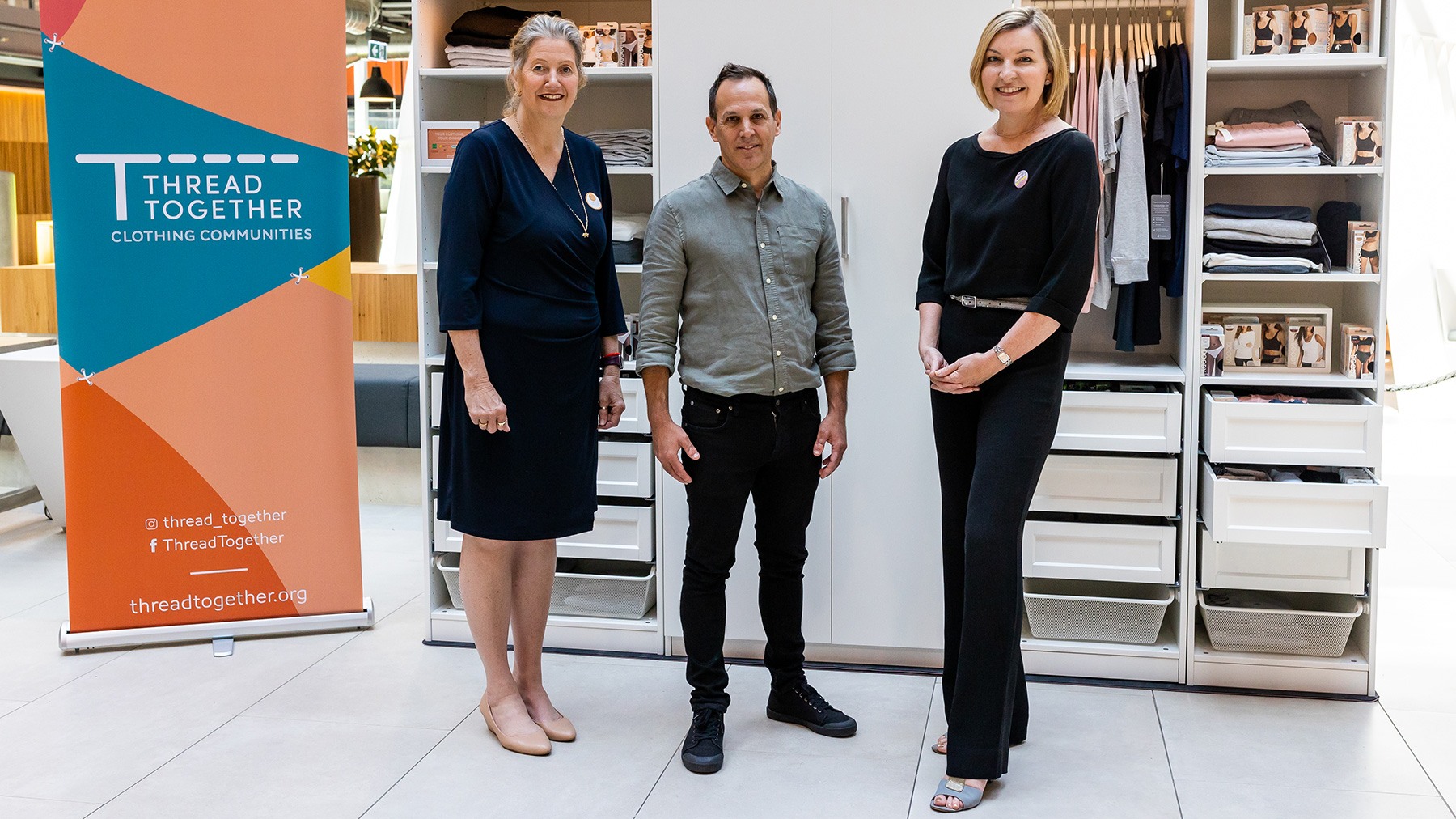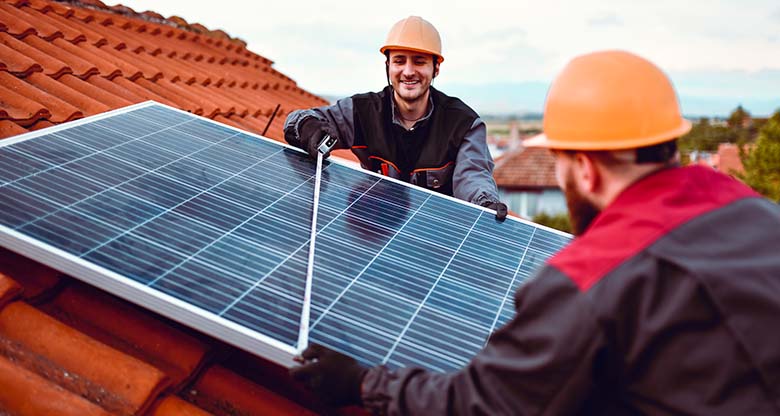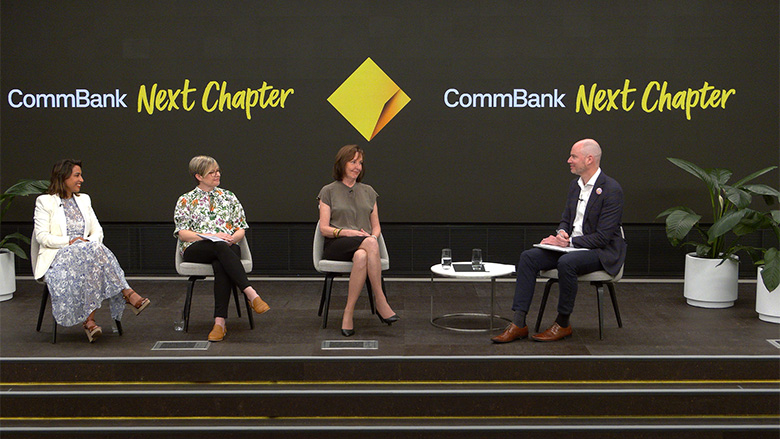Unlike many others working in politics or advocacy, I never planned to have a seat at the table. I never asked for it.
I have at seat at the table because I was the “ideal” victim.
They called it the “Batty Effect”. Up until Luke’s death in 2014, domestic and family violence was an issue that was rarely discussed in public. It was described then as “Australia’s filthy little secret”; a private issue, guarded behind closed doors.
The horrific nature of Luke’s death captured the attention of millions. In just a year, domestic and family violence became an issue that the public demanded answers for. Politicians and people in power started to listen, they felt compelled to act.
Since then, I have spent the last eight years respecting that I do have a seat at the table and that I was heard because of the horrific nature of my son’s death, but also because I am a white, middle-class woman.
I didn’t expect to be listened to; I just spoke my truth.
This week marks the United Nations’ UNiTE campaign to End Violence against Women by 2030. It’s one of the many efforts aimed at preventing and eliminating violence against women and families around the world.
We can only end violence against women and children when we promote equality and respect.
Australian women were the first in the world to achieve both the right to vote and to stand for election, yet we continue to face inequality every day in society, at home, and in the workplace.
I don’t think many of us understand the link between inequality and violence that we experience as women, but those links are becoming more understood and visible. We’re starting to recognise that as everyday people – not just feminists, advocates and trailblazers, such as Edna Ryan’s campaign for equal pay in 1974 to Nyadol Nyuon’s advocacy for refugee women today.
Having a seat at the table is not something women should have to demand anymore – it’s the least that we deserve and should expect.
We all – individuals, governments and businesses – can be changemakers on the issue of domestic violence. We just need to look at the country’s history of women’s rights as evidence of this.
This is currently being celebrated as part of the Changemakers exhibition at the Museum of Australian Democracy at Old Parliament House in Canberra, which features advocates including Dame Quentin Bryce, Tal Fitzpatrick, Professor Megan Davis, Grace Tame, Marilyn Lake and Deiyi Wu.
The exhibition celebrates women from all walks of life, who despite facing barriers, have sought power over decisions that impact the nation and their lives. It demonstrates how – by working together – we can strengthen women’s voices and increase participation in public life, including in parliament, business and the community. It shines a light on women across Australia’s history who have worked for practical solutions like access to birth control, childcare and paid parental leave, to enable political, civil and economic participation.
I am honoured to be featured alongside such an immensely powerful and inspiring group of women. The one common theme throughout is a spark of an emotion, where we have seen, felt or experienced inequality that has compelled us to respond. For me, it started as a personal journey that I didn’t expect – or ask – to be a part of.
I only hope that with this position I can continue to work with all those passionate, unrelenting people and organisations that have made it their life’s work to advocate for the safety of domestic violence victims.
But you don’t have to be in a position of power to create change. Change can come from anywhere and we can exercise power in all sorts of ways. In the past year alone, we have seen an incredible movement of power, exercised by women who might otherwise be seen as powerless.
For me, having a seat at the table means that I am able to influence change. That my voice is being heard and my lived experience believed, validated and respected.
Regardless of our background or situation, we all have a responsibility to raise our voices, take to the streets and stand up (or take a seat at the table) for what we believe in.
The progress achieved over generations is extraordinary, but our work is not finished. We must work together in concerted action to change legislation and cultural attitudes. By having a collective seat at the table, we will foster an inclusive and respectful society, acting on lessons from the past, and making our vision for the future a reality.
Sponsored by CommBank’s Next Chapter, the Changemakers exhibition at the Museum of Australian Democracy features over 50 women and different objects that tell the story of the fight for a more equal Australia, from former Foreign Minister Julie Bishop’s famous red shoes to a 1970s Girl Guides patch.
This article was originally published in the Canberra Times.
Banner image: Rosie Batty speaking at a CommBank event in 2017.




